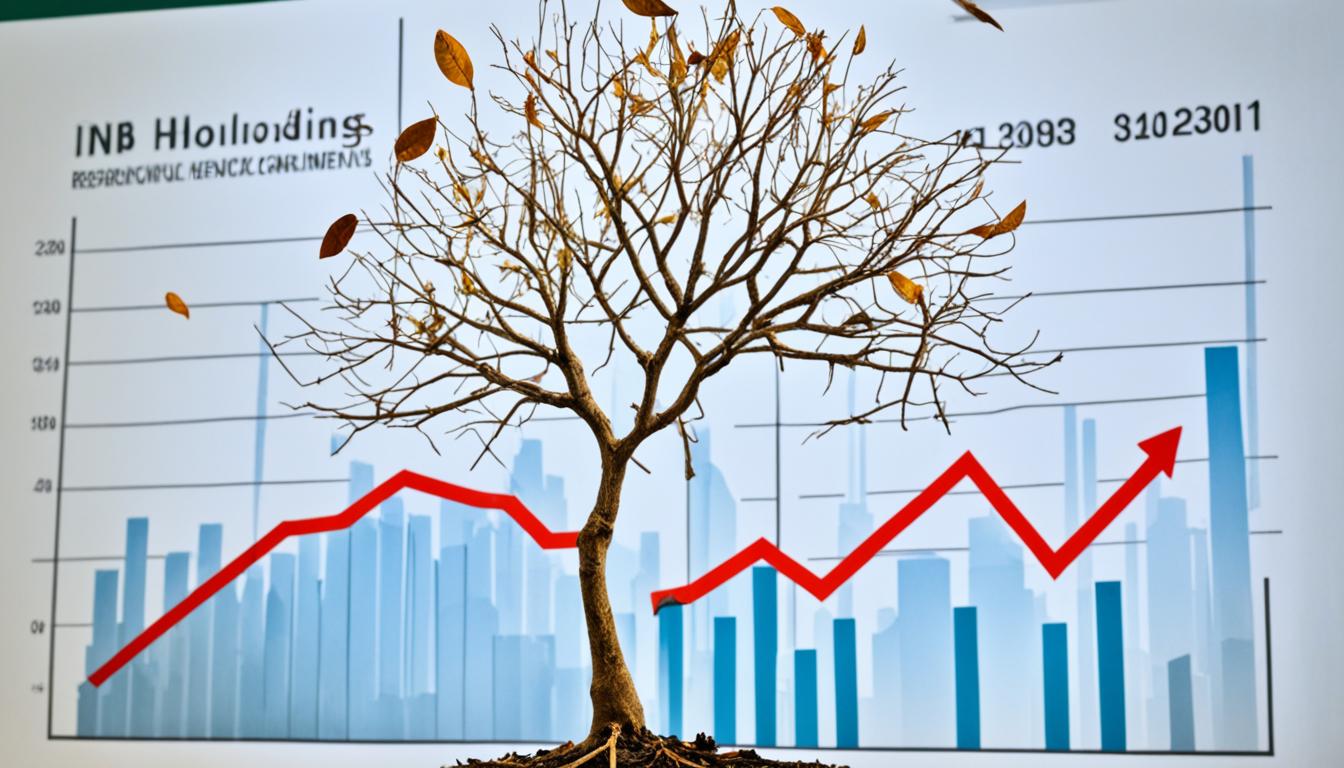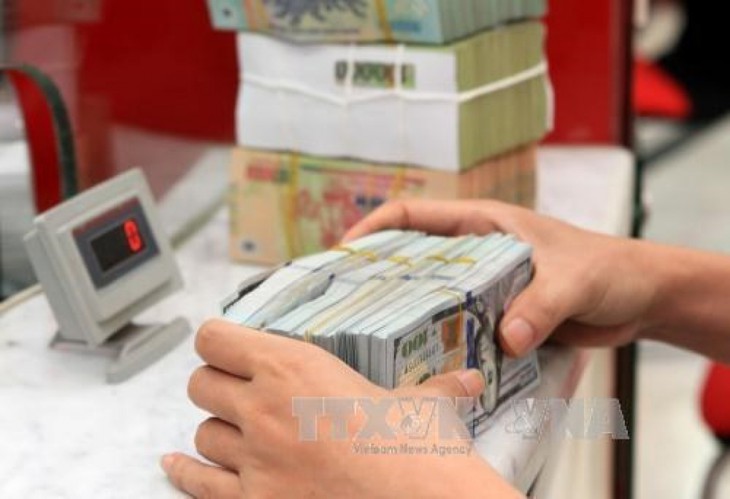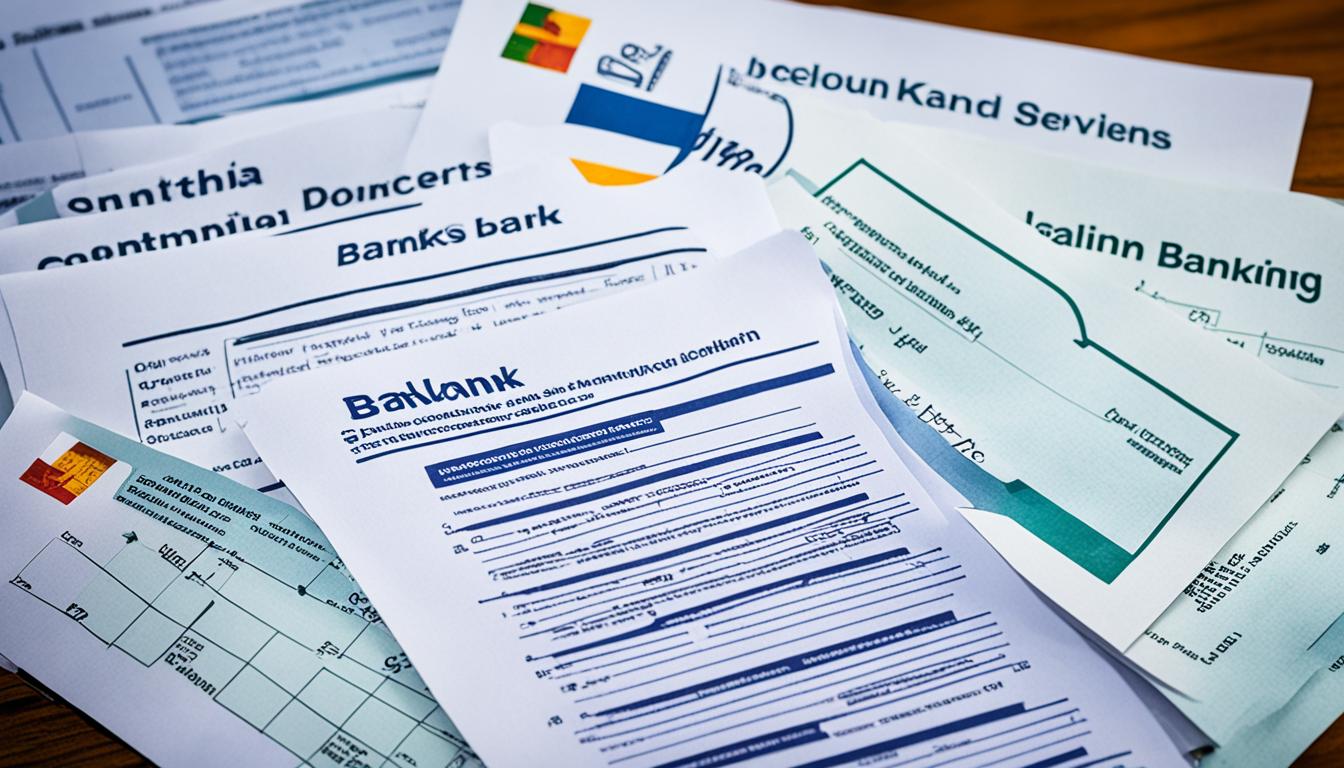The stability and growth of the Sri Lanka economy often hinge on the dynamics of foreign investment and the ebb and flow of financial markets. Amidst fluctuating global investment patterns, Sri Lanka is experiencing a critical economic juncture, with foreign holdings in government securities dwindling. The descent of these investments below the significant threshold of Rs.100 billion outlines a stark contrast from the eagerness that marked the pre-2014 peak period. Despite incentives such as improvements in the nation’s liquidity and a promising IMF agreement, the sell-off trend persists, reflecting a nuanced narrative of investor sentiment toward Sri Lanka’s financial instruments.
Key Takeaways
- Foreign holdings in Sri Lanka’s government securities have reached a new low, indicating a shift in the investment climate.
- The downward trend reflects a broader context of changing economic indicators within the Sri Lanka economy.
- Incentives such as the IMF agreement have not sustained foreign investment levels, underlining the complexity of financial markets.
- The risk-averse behavior of investors is translating into reduced confidence in Sri Lanka’s economic stability.
- Investigation into long-term strategic solutions is crucial to restore and bolster foreign investment in the country’s fiscal architecture.
- Assessment of global patterns and competing investment vehicles will be essential to understanding the future orientation of Sri Lanka’s financial markets.
Foreign holdings in government securities fall below Rs.100bn
The economic indicators signal a downturn in Sri Lanka’s financial attractiveness to foreign investors, with a marked foreign holdings decline in government securities. After reaching an impressive peak over seven years ago, the allure of Sri Lankan treasuries appears to have waned significantly, falling well below the Rs.100 billion benchmark. This diminishing appeal is critical as it represents the current investment trend and recalibration of international portfolios favoring assets with a more stable risk/return profile.
These developments point to challenges with foreign currency liquidity, which is paramount for a country’s ability to honor its debt and attract investment. With the net selling of securities initiating in mid-2022, the data reflects a cautious approach by foreign investors towards Sri Lanka’s fiscal instruments. The significant drop from the historical high of Rs.453 billion in foreign holdings underscores a potentially critical adaptation by the economic powerhouses to the evolving global financial dynamics.
- Historical analysis of foreign investment peaks and troughs.
- The juxtaposition of current economic conditions with past fiscal strategies.
- Investor sensitivity to geopolitical and economic reforms in Sri Lanka.
The stark reduction of foreign engagement in the country’s treasuries suggests more than a transient disinterest; it reflects deeper concerns about the nation’s fiscal stability and the capacity to maintain liquidity in foreign currency reserves. Nonetheless, discerning stakeholders keep a vigilant eye on the trajectory of these assets, gauging whether the downturn is a harbinger of a long-term trend or a cyclical challenge that may correct with conducive policy interventions and global economic shifts.
Factors Influencing the Decline of Foreign Investment
The landscape of foreign investment in Sri Lanka has recently shifted, marked by a discernible ebb in foreign investors’ engagement with the country’s government securities. Analyzing the forces at play reveals why stakeholders are reassessing their portfolios and how external factors are reshaping the financial fabric of Sri Lanka’s economy.
Unloading of Sri Lankan Bills and Bonds
Action from foreign investors has been pivotal, as many have chosen to divest from Sri Lankan bills and bonds. This mass unloading has been a significant factor leading to reduced foreign holdings, tipping the scales away from what was once a burgeoning investment avenue. The trend signifies a deeper appraisal of the yield attractiveness and economic stability of Sri Lankan securities, with investors increasingly vigilant about the risk assessment associated with their investments, prompting them to seek more secure financial vehicles.
Impact of Global Financial Markets on Investment Choices
The allure of US treasury bonds has intensified in the global financial markets, offering a competitive alternative to wary investors. With a more robust safety net and enhanced yield attractiveness, these instruments are currently seen as harboring lower risk compared to their Sri Lankan counterparts. The ripple effect has been significant, as shifts in investor sentiment have rerouted capital to these stronger economies, underscoring the global nature of investment patterns and the impact they have on the economic stability of countries like Sri Lanka.
The IMF’s Role and Its Potential Effects on Investor Confidence
The role of the International Monetary Fund (IMF) remains crucial, particularly when its interventions promise to bolster investor confidence. The recent Staff-Level Agreement was anticipated to serve as a catalyst for growth, yet the anticipated surge in investor engagement was fleeting. Despite the IMF’s backing, the transitory resurgence in foreign investment underscores the fragile nature of fiscal confidence and the importance of sustained economic strengthening measures to retain and attract foreign investment in the long term.













